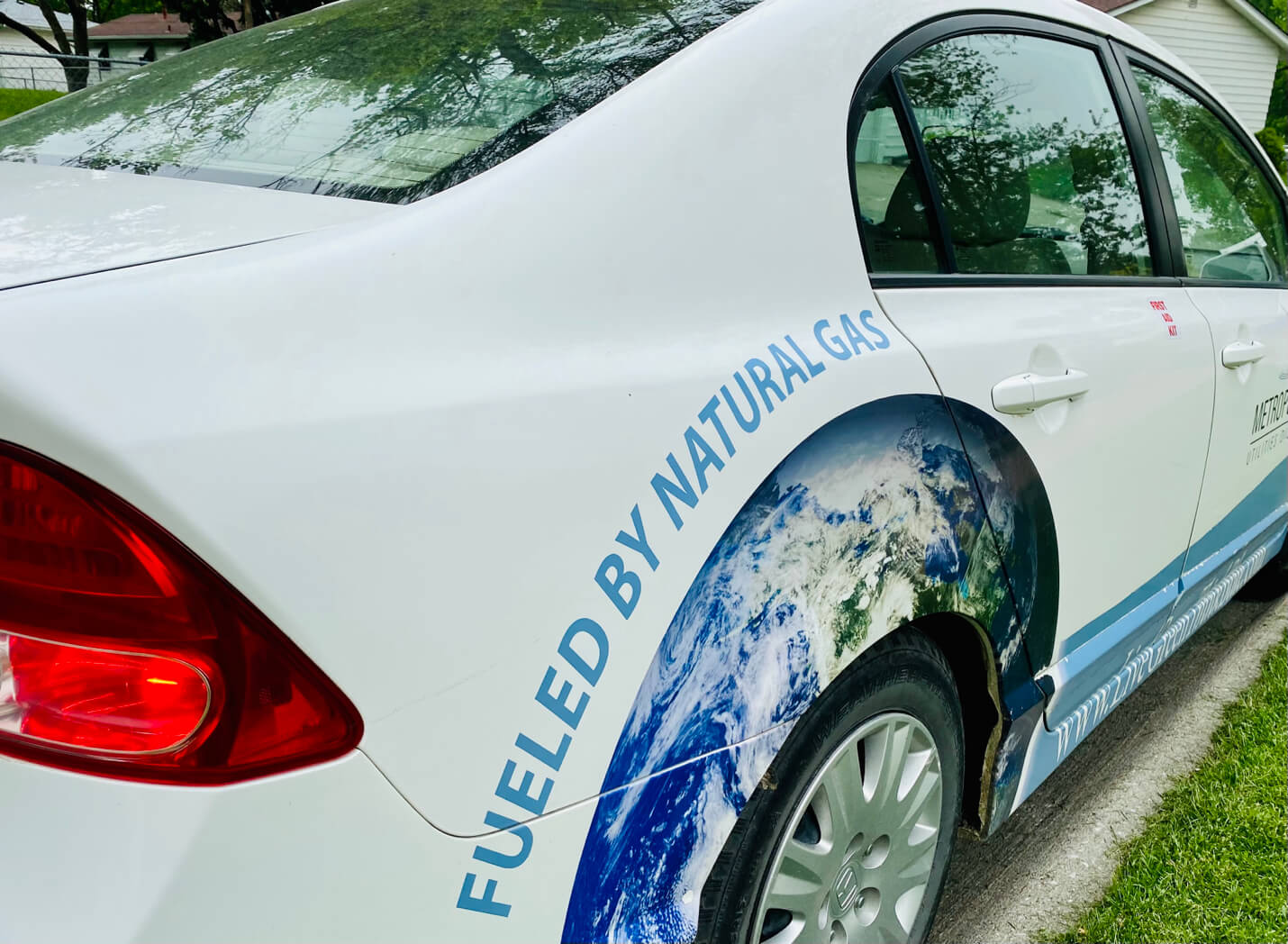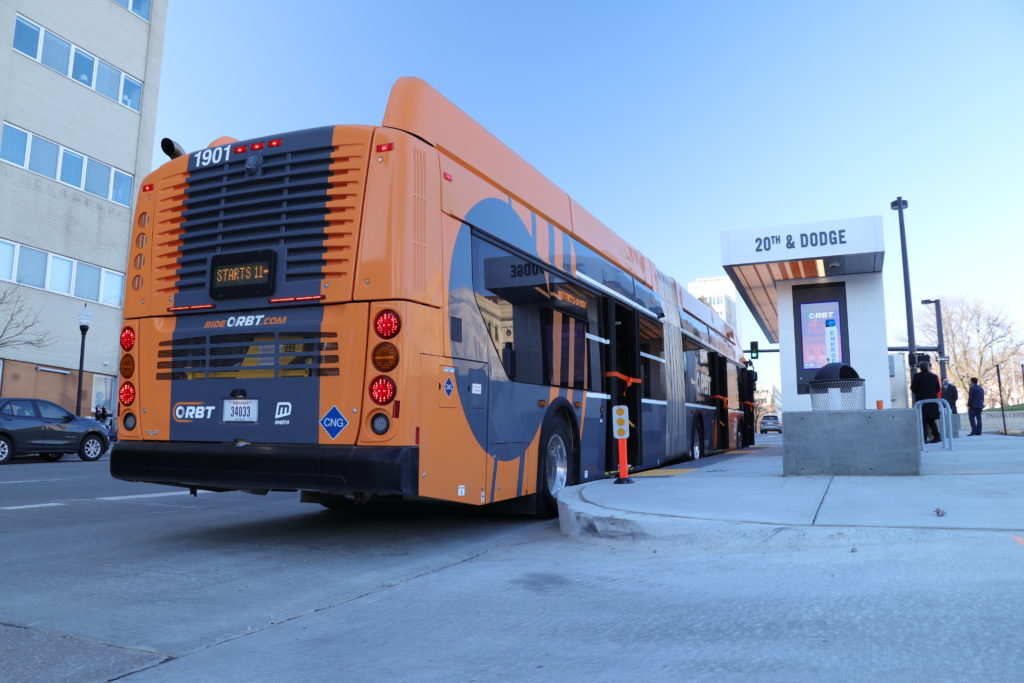WHAT IS AN EMERGENCY?
Gas leaks, odor of gas, damaged lines, carbon monoxide symptoms and water main breaks are all considered emergencies.
If you smell gas, do not attempt to locate the leak. Instead, leave the house or building right away. Do not use any electrical switches, appliances, lights, telephones, or mobile devices, as an electrical charge could create a spark. When you are in a safe place, call M.U.D.'s emergency hotline at 402.554.7777 or 9-1-1.
If someone is showing symptoms of carbon monoxide poisoning, call 9-1-1 immediately. Symptoms are like the flu.
If you have a water-related emergency, call 402.554.7777. Our personnel are ready to assist you 24/7. When in doubt, call us immediately.
Learn More¿QUÉ ES UNA EMERGENCIA?
Las fugas de gas, el olor a gas, las tuberías de gas dañadas, los síntomas de monóxido de carbono y roturas en las tuberías principales de agua son consideradas emergencias.
Si huele a gas, NO trate de localizar la fuga/escape. Al contrario, abandone la casa o el edificio inmediatamente. No utilice los interruptores eléctricos, electrodomésticos, luces, teléfonos o equipos móviles, ya que una carga eléctrica podría provocar una chispa. Una vez que se encuentre en un lugar seguro, entonces llame a la línea directa de emergencia de M.U.D. al 402.554.7777 o al 9-1-1.
Si alguien tiene síntomas de envenenamiento causados por el monóxido de carbono, llame al 9-1-1 inmediatamente. Los síntomas son como los de la gripe/catarro.
Si tiene una emergencia relacionada con el agua, llame al 402.554.7777. Nuestro personal está listo para ayudarle, 24/7. Cuando dude o crea que hay una emergencia, llámenos de inmediato.
Aprende Más
Commercial Fleets
There are currently over 300 commercial vehicles in the Omaha metro that run on CNG. They are of all vehicle classes from light-duty sedans to heavy-duty tractors. GMC Savana, Chevy Express, and the Ford E-Series are examples of commercial vans that are currently running on CNG locally. There are many benefits of operating natural gas vehicles including lower maintenance costs, lower fuel cost and substantial decrease in greenhouse gas emissions compared to petroleum-based fuels.
M.U.D. has a ‘CNG Fleet Fund’ that companies may apply for to get assistance on the incremental cost of new CNG vehicles. To apply for these funds or further information regarding CNG vehicles, call 402.504.7185.

Heavy Duty Fleets – (Buses, Semi-Tractors, Refuse)
CNG can power almost any size vehicle without losing any power. Transit buses, school buses, refuse trucks, concrete mixers and semi-tractors are examples of heavy duty vehicles that are converting to CNG at a high rate. 1 of every 5 transit buses sold today in the U.S. is running on CNG. Besides the obvious fuel savings and environmental benefits, one of the largest advantages of running CNG is the noise reduction. The average natural gas engine runs 10 decibels quieter than a comparable diesel engine.
This is especially beneficial to refuse trucks that service residential and downtown areas. Tractor-trailers have also seen an increase in production especially as further infrastructure begins to be developed strategically throughout the region. These class 8 trucks can receive their return on investment at a higher rate due to the low mpg and high miles that they run annually.
Contact the District’s NGV Specialist or call 402.504.7185 with any questions regarding CNG vehicles.






